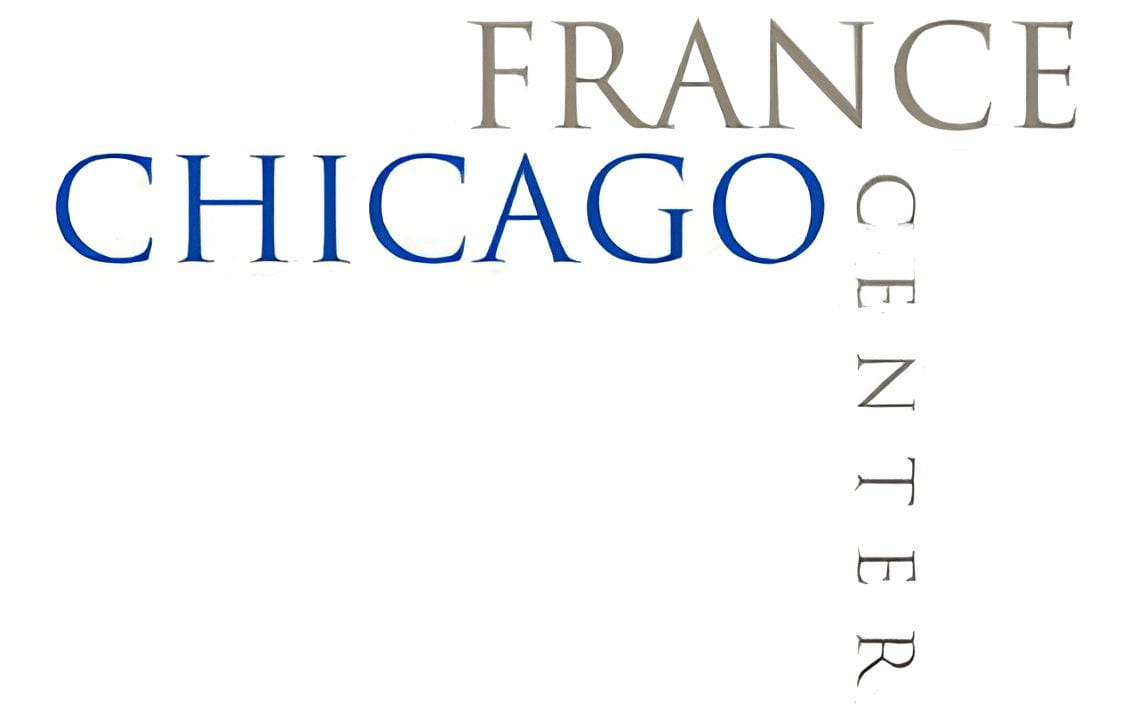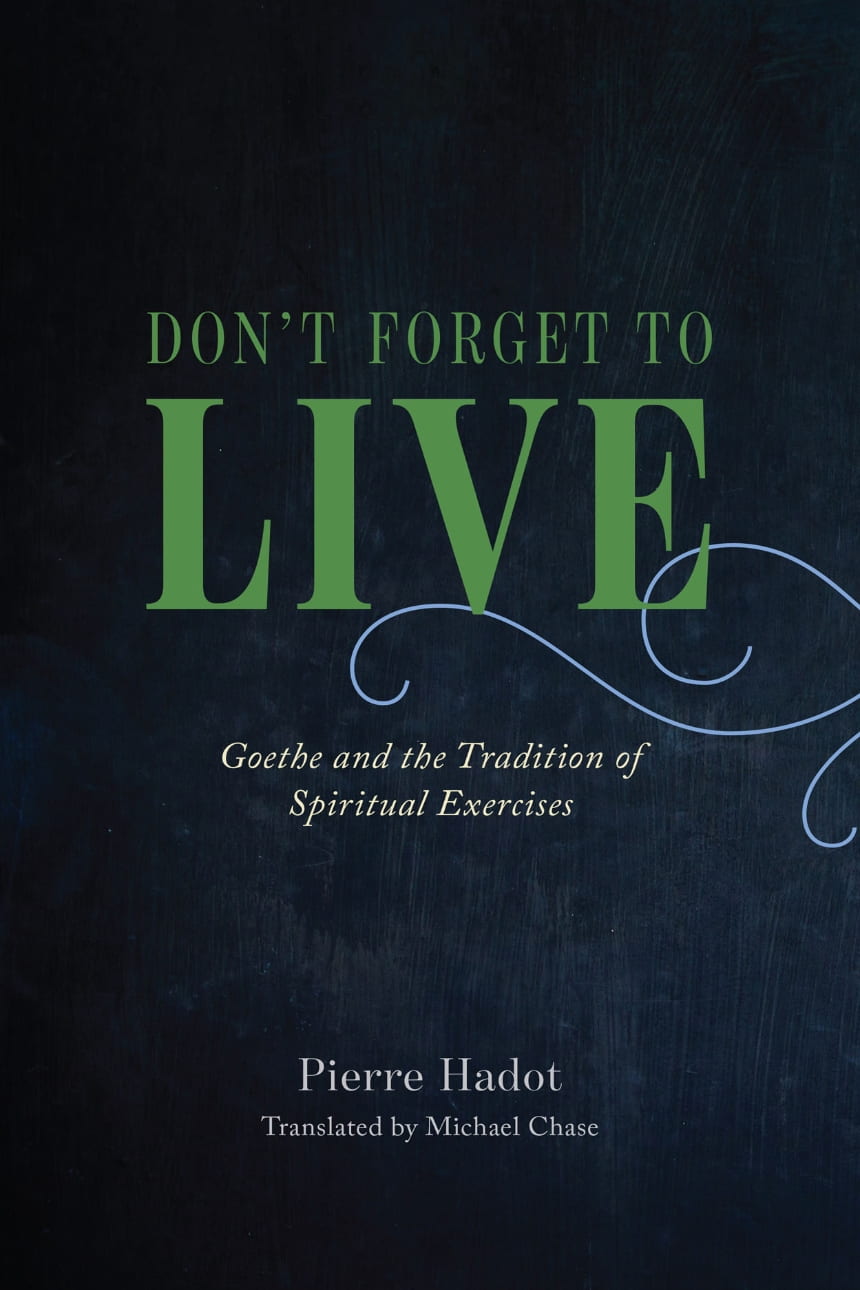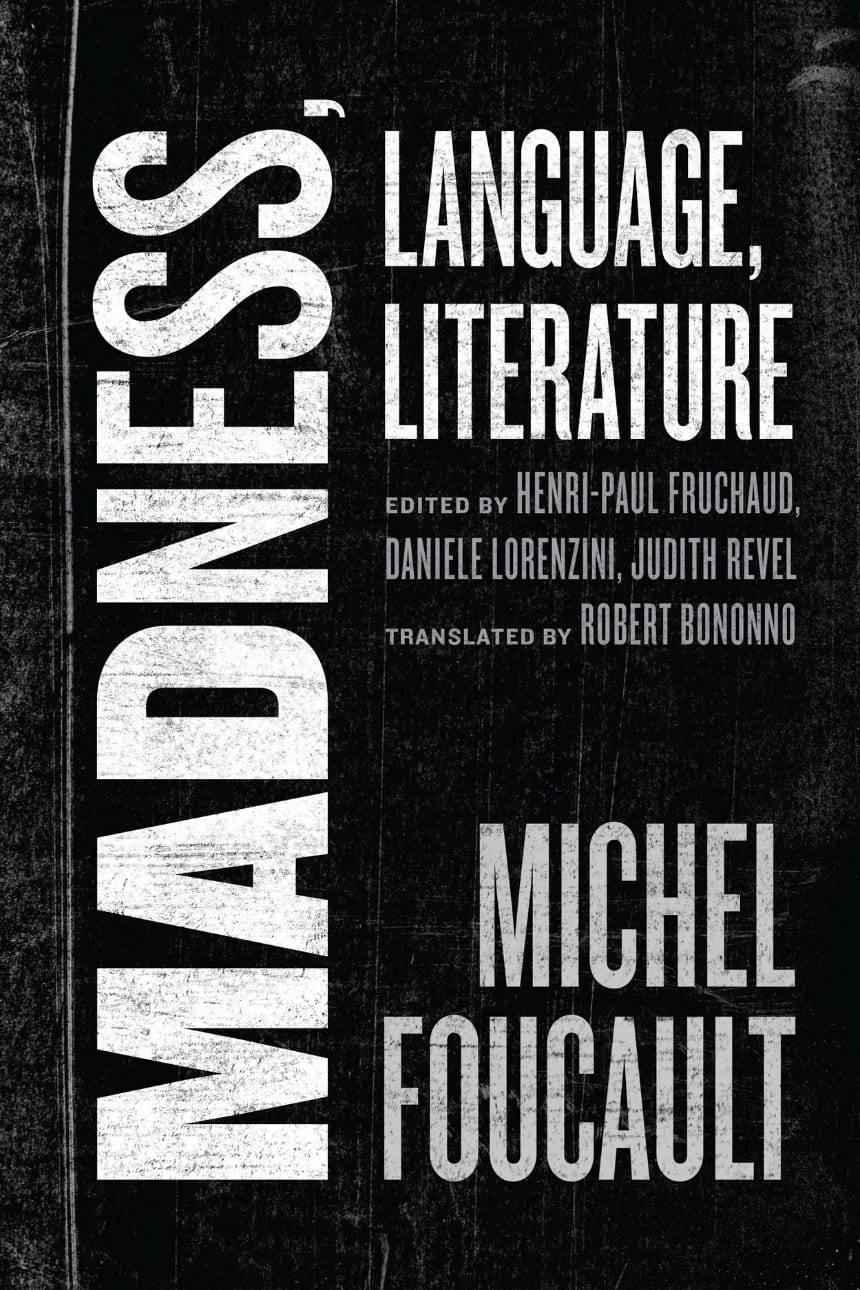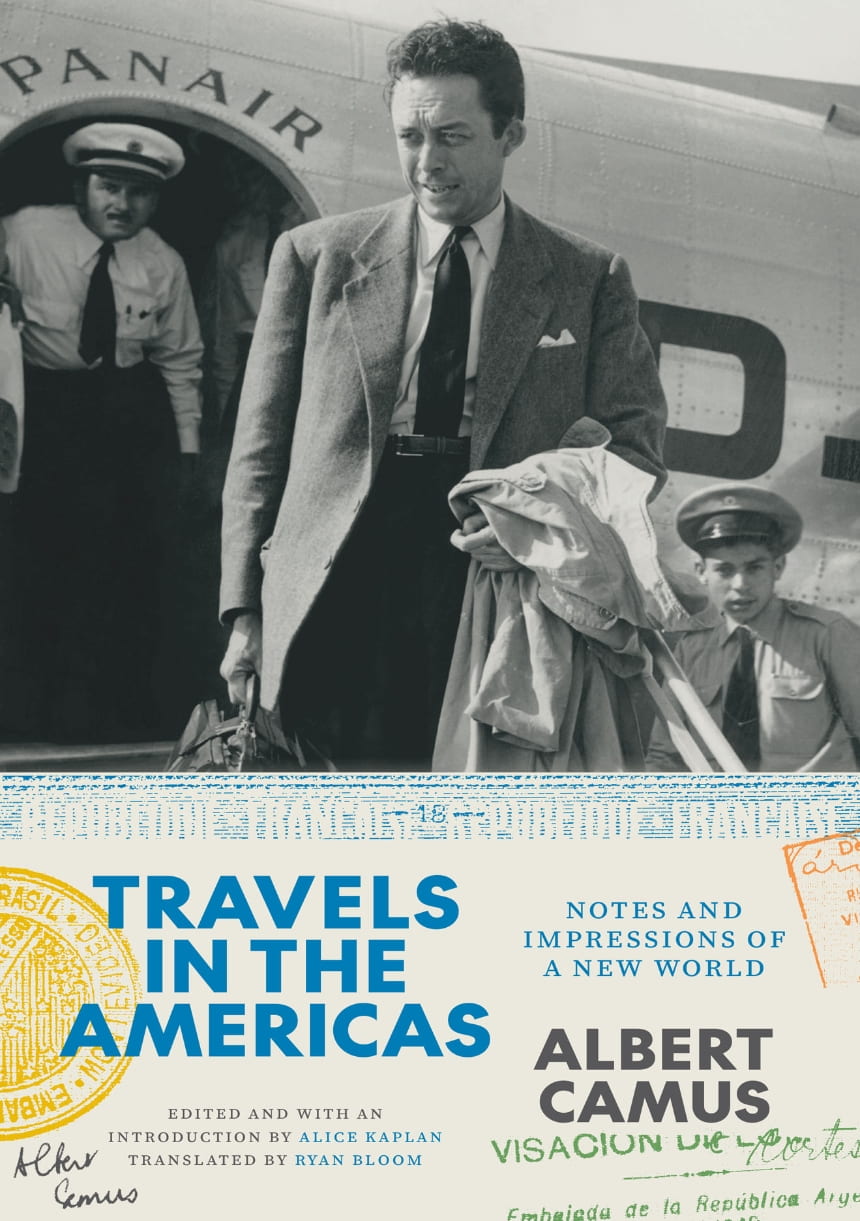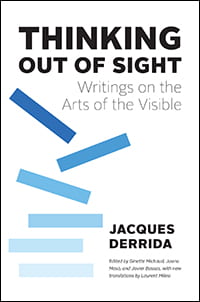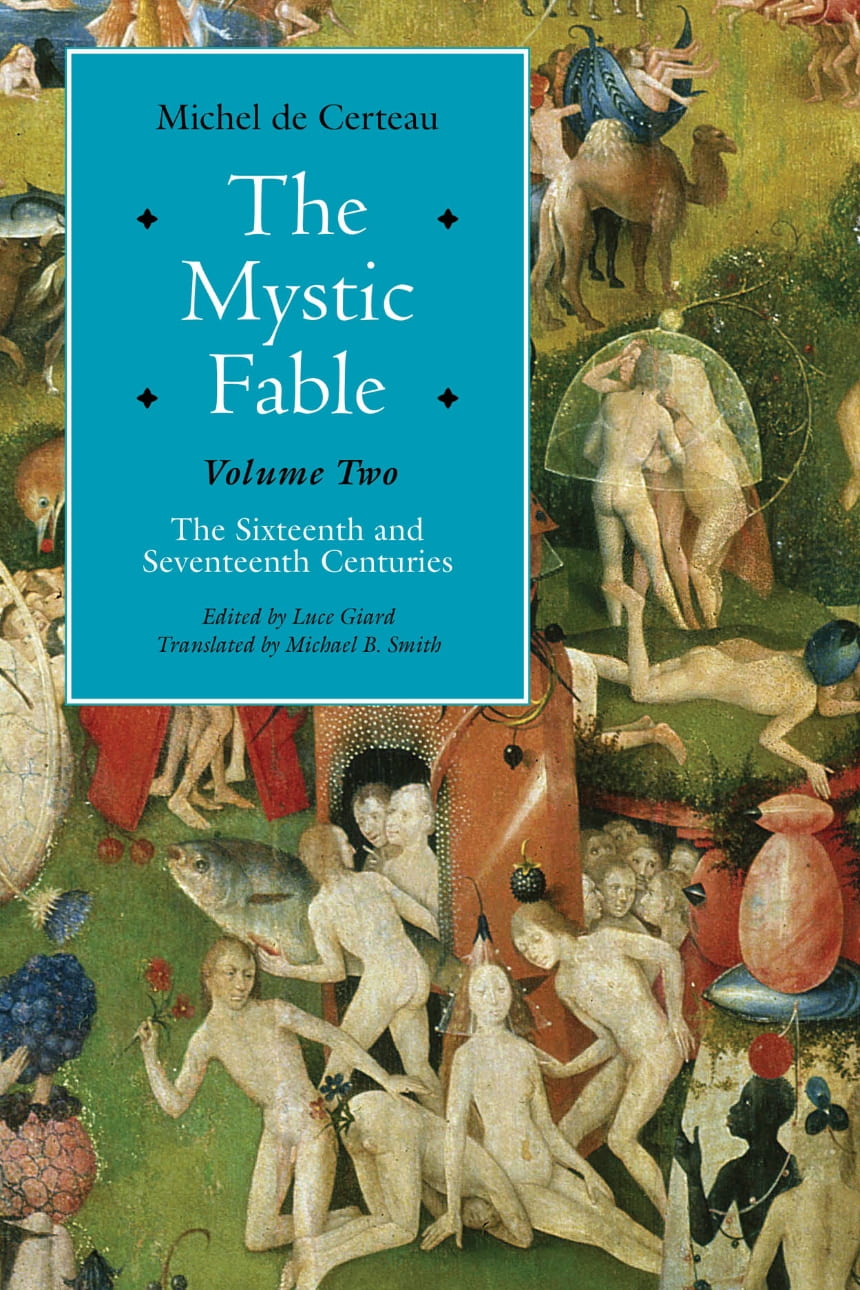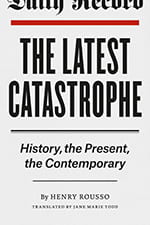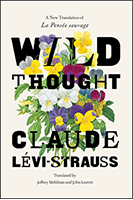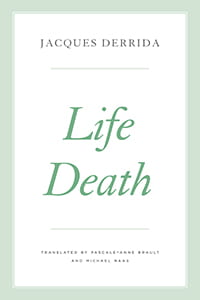The France Chicago Collection
For the past 6 years FCC has collaborated with the University of Chicago Press to help bring seminal works of French literature and thought to an English-speaking public. Based on this success, FCC and the University of Chicago Press announced in 2021 the creation of a new “France Chicago Collection” a series of at least five books to be published over the next 5 years. We are thrilled to present the first four books in the collection, featured below.
Don’t Forget to Live: Goethe and the Tradition of Spiritual Exercises
Pierre Hadot. Translated by Michael Chase. With a Foreword by Arnold I. Davidson and Daniele Lorenzini.
The esteemed French philosopher Pierre Hadot’s final work, now available in English.
In his final book, renowned philosopher Pierre Hadot explores Goethe’s relationship with ancient spiritual exercises—transformative acts of intellect, imagination, or will. Goethe sought both an intense experience of the present moment as well as a kind of cosmic consciousness, both of which are rooted in ancient philosophical practices. These practices shaped Goethe’s audacious contrast to the traditional maxim memento mori (Don’t forget that you will die) with the aim of transforming our ordinary consciousness. Ultimately, Hadot reveals how Goethe cultivated a deep love for life that brings to the forefront a new maxim: Don’t forget to live.
The France Chicago Collection. Published April 2023.
Madness, Language, Literature
Michel Foucault. Edited by Henri-Paul Fruchaud, Daniele Lorenzini, and Judith Revel. Translated by Robert Bononno.
Newly published lectures by Foucault on madness, literature, and structuralism.
Perceiving an enigmatic relationship between madness, language, and literature, French philosopher Michel Foucault developed ideas during the 1960s that are less explicit in his later, more well-known writings. Collected here, these previously unpublished texts reveal a Foucault who undertakes an analysis of language and experience detached from their historical constraints. Three issues predominate: the experience of madness across societies; madness and language in Artaud, Roussel, and Baroque theater; and structuralist literary criticism. Not only do these texts pursue concepts unique to this period such as the “extra-linguistic,” but they also reveal a far more complex relationship between structuralism and Foucault than has typically been acknowledged.
The France Chicago Collection & The Chicago Foucault Project. Published April 2023.
Travels in the Americas: Notes and Impressions of a New World
Albert Camus. Edited by Alice Kaplan. Translated by Ryan Bloom.
Albert Camus’s lively journals from his eventful visits to the United States and South America in the 1940s, available again in a new translation.
In March 1946, the young Albert Camus crossed from Le Havre to New York. Though he was virtually unknown to American audiences at the time, all that was about to change—The Stranger, his first book translated into English, would soon make him a literary star. By 1949, when he set out on a tour of South America, Camus was an international celebrity. Camus’s journals offer an intimate glimpse into his daily life during these eventful years and showcase his thinking at its most personal—a form of observational writing that the French call choses vues (things seen).
Camus’s journals from these travels record his impressions, frustrations, joys, and longings. Here are his unguarded first impressions of his surroundings and his encounters with publishers, critics, and members of the New York intelligentsia. Long unavailable in English, the journals have now been expertly retranslated by Ryan Bloom, with a new introduction by Alice Kaplan. Bloom’s translation captures the informal, sketch-like quality of Camus’s observations—by turns ironic, bitter, cutting, and melancholy—and the quick notes he must have taken after exhausting days of travel and lecturing. Bloom and Kaplan’s notes and annotations allow readers to walk beside the existentialist thinker as he experiences changes in his own life and the world around him, all in his inimitable style.
The France Chicago Collection. Published March 2023.
Thinking Out of Sight: Writings on the Art of the Visible
Jacques Derrida. Edited by Ginette Michaud, Joana Masó, and Javier Bassas. With New Translations by Laurent Milesi.
Jacques Derrida remains a leading voice of philosophy, his works still resonating today—and for more than three decades, one of the main sites of Derridean deconstruction has been the arts. Collecting nineteen texts spanning from 1979 to 2004, Thinking out of Sight brings to light Derrida’s most inventive ideas about the making of visual artworks. With many texts appearing for the first time in English, Thinking out of Sight helps us better understand the critique of representation and visibility throughout Derrida’s work, and, most importantly, to assess the significance of his insights about art and its commentary.
The inaugural selection of The France Chicago Collection. Published Fall 2020.
